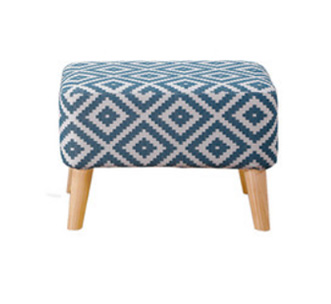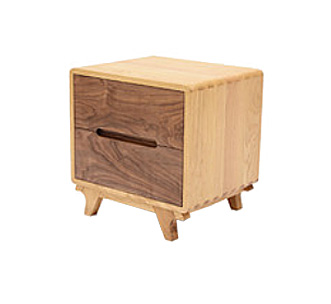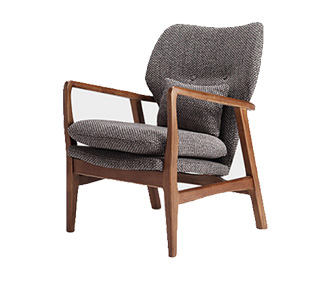ALL AT KNOWL was indicative of the break-up that was so near at hand. Doctor Bryerly arrived according to promise. He was in a whirl of business all the time. He and Mr. Danvers conferred about the management of the estate. It was agreed that the grounds and gardens should be let, but not the house, of which Mrs. Rusk was to take the care. The gamekeeper remained in office, and some out-door servants. But the rest were to go, except Mary Quince, who was to accompany me to Bartram–Haugh as my maid.
“Don’t part with Quince,” said Lady Knollys, peremptorily1; “they’ll want you, but don’t.”
She kept harping2 on this point, and recurred3 to it half a dozen times every day.
“They’ll say, you know, that she is not fit for a lady’s maid, as she certainly is not, if it in the least signified in such a wilderness4 as Bartram–Haugh; but she is attached, trustworthy, and honest; and those are qualities valuable everywhere, especially in a solitude5. Don’t allow them to get you a wicked young French milliner in her stead.”
Sometimes she said things that jarred unpleasantly on my nerves, and left an undefined sense of danger. Such as:—
“I know she’s true to you, and a good creature; but is she shrewd enough?”
Or, with an anxious look:—
“I hope Mary Quince is not easily frightened.”
Or, suddenly:—
“Can Mary Quince write, in case you were ill?”
Or,
“Can she take a message exactly?”
Or,
“Is she a person of any enterprise and resource, and cool in an emergency?”
Now, these questions did not come all in a string, as I write them down here, but at long intervals6, and were followed quickly by ordinary talk; but they generally escaped from my companion after silence and gloomy thought; and though I could extract nothing more defined than these questions, yet they seemed to me to point at some possible danger contemplated8 in my good cousin’s dismal9 ruminations.
Another topic that occupied my cousin’s mind a good deal was obviously the larceny10 of my pearl cross. She made a note of the description furnished by the recollection, respectively, of Mary Quince, Mrs. Rusk, and myself. I had fancied her little vision of the police was no more than the result of a momentary11 impulse; but really, to judge by her methodical examinations of us, I should have fancied that she had taken it up in downright earnest.
Having learned that my departure from Knowl was to be so very soon, she resolved not to leave me before the day of my journey to Bartram–Haugh; and as day after day passed by, and the hour of our leave-taking approached, she became more and more kind and affectionate. A feverish12 and sorrowful interval7 it was to me.
Of Doctor Bryerly, though staying in the house, we saw almost nothing except for an hour or so at tea-time. He breakfasted very early, and dined solitarily13, and at uncertain hours, as business permitted.
The second evening of his visit, Cousin Monica took occasion to introduce the subject of his visit to Bartram–Haugh.
“You saw him, of course?” said Lady Knollys.
“Yes, he saw me; he was not well. On hearing who I as, he asked me to go to his room, where he sat in a silk dressing-gown and slippers14.”
“About business principally,” said Cousin Monica, laconically15.
“That was despatched in very few words; for he was quite resolved, and placed his refusal upon ground which it was difficult to dispute. But difficult or not, mind you, he intimated that he would hear nothing more on the subject — so that was closed.”
“Well; and what is his religion now?” inquired she, irreverently.





